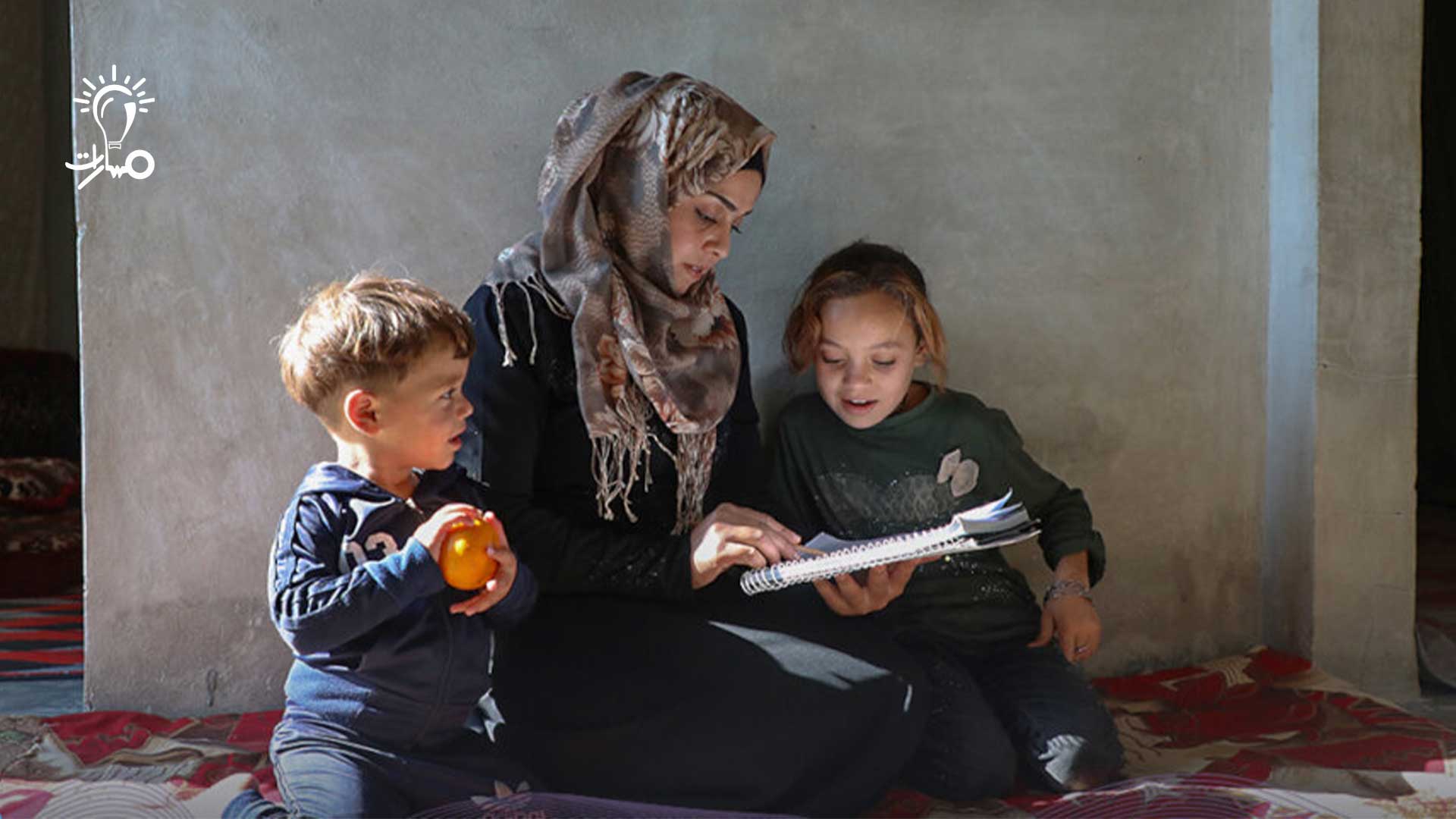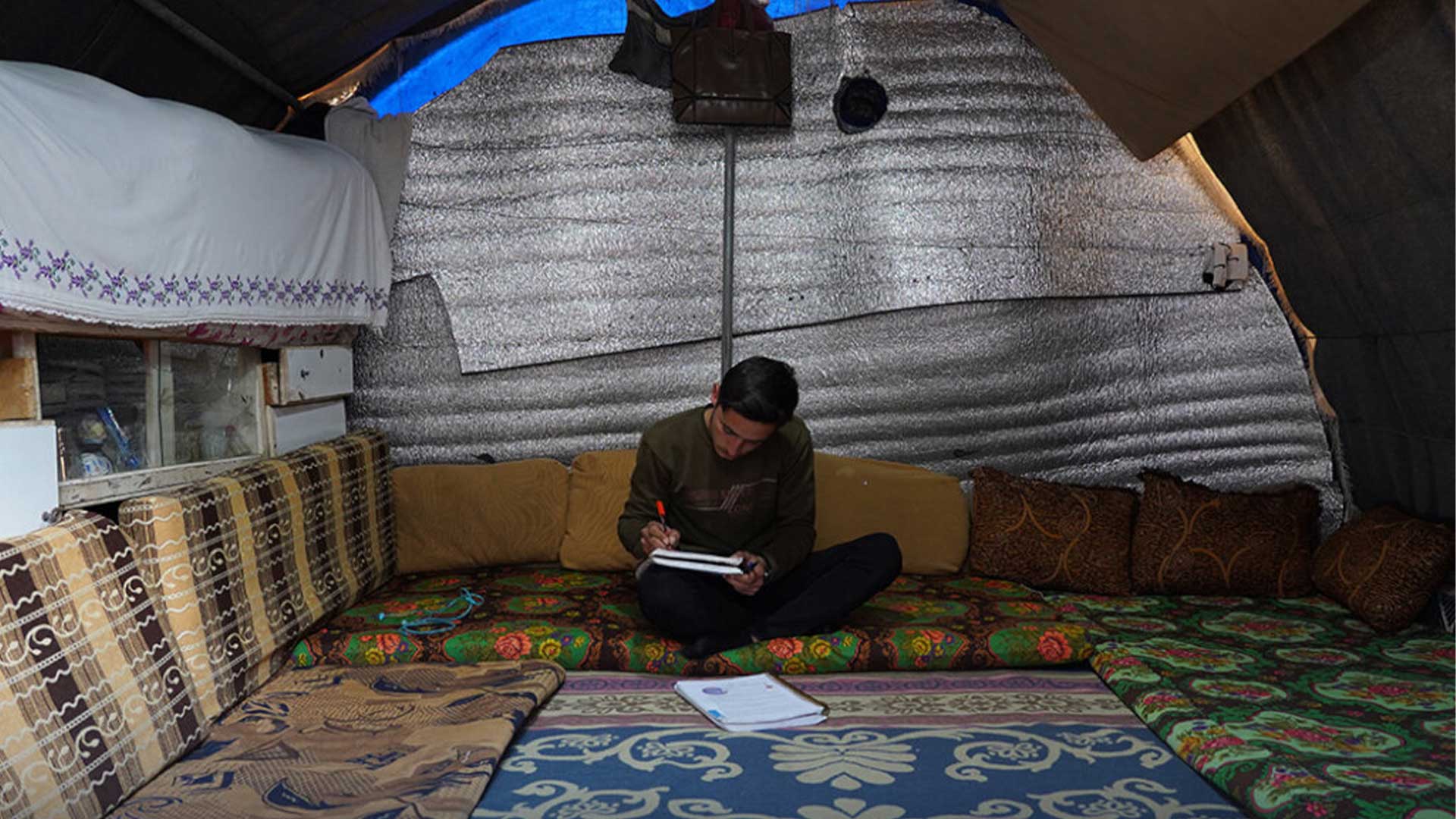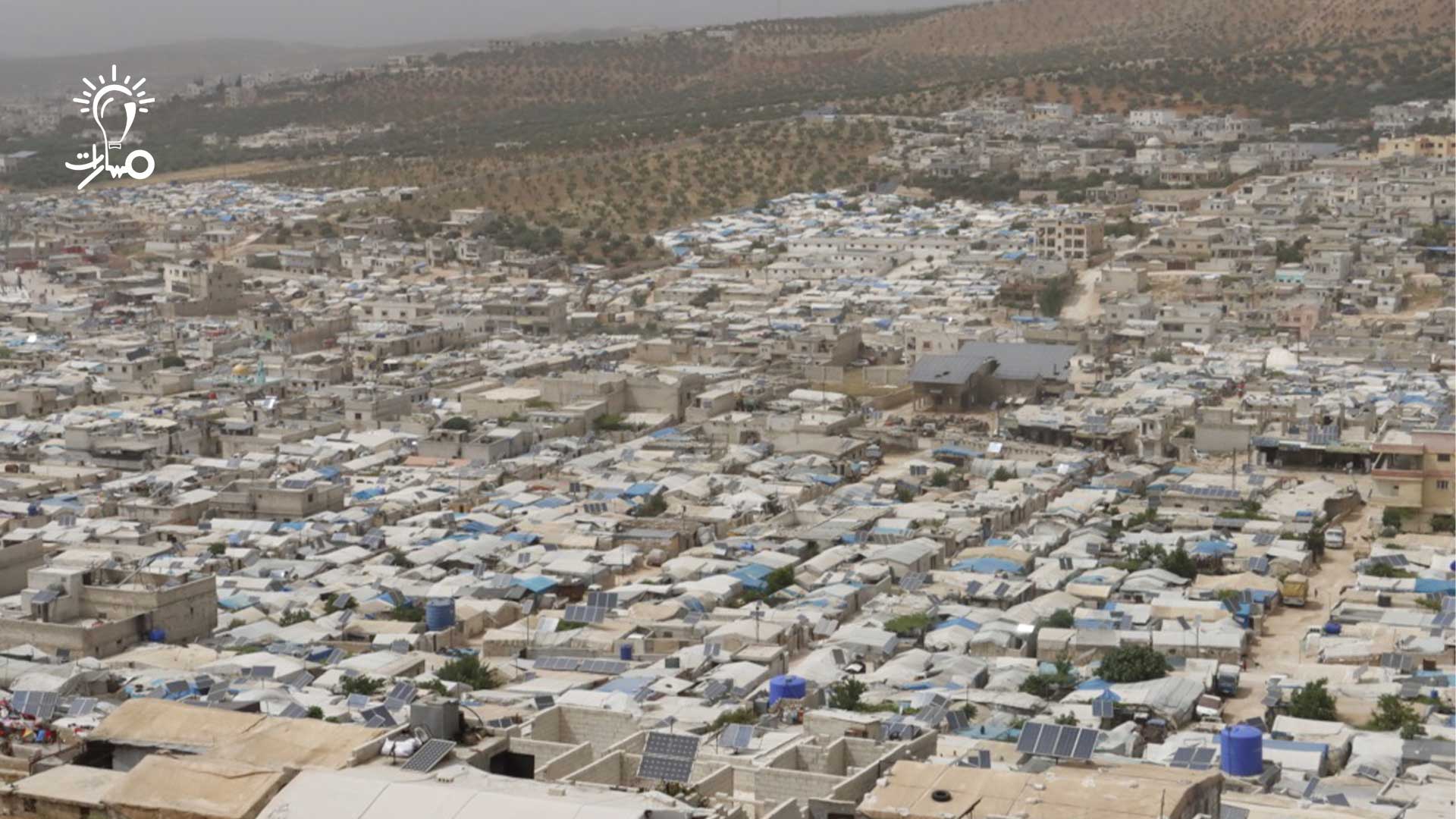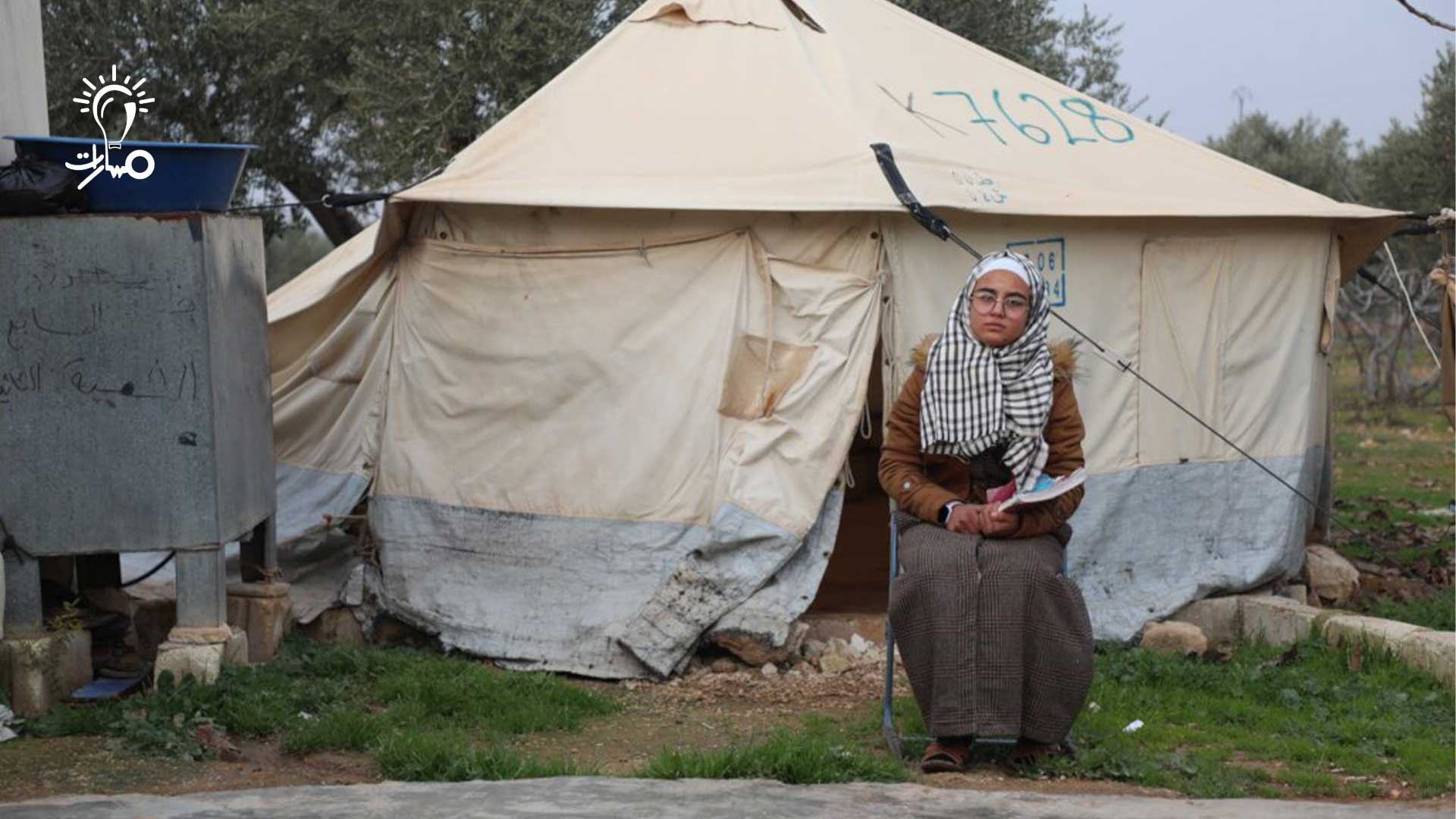Among the most beneficial human sciences for understanding children is psychology, with developmental psychology being closely linked to this understanding. It focuses on studying the principles, laws, and theories related to human development and is concerned with the different aspects of growth at every stage. It addresses the demands, needs, and problems faced by individuals at each stage to understand humans according to developmental standards and societal expectations. The ultimate goal of studying human development is to form a developing, evolving personality in a comprehensive manner. This goal is not achieved by the family alone but by all societal institutions (nurseries, schools, peers, media, places of worship, etc.).
This article will discuss human development, focusing on childhood and adolescence stages, to understand the nature of growth during these phases.
Definition of Growth
Human growth is defined as the series of changes that occur in a living being from conception to old age or death, encompassing physical, mental, emotional, social, linguistic, and moral aspects.
General Principles of Growth
Growth progresses from general to specific: Newborns respond to situations generally and then learn to respond more diversely and specifically. For example, a child initially tries to move their entire body to grasp something and later learns to use only their hands. Walking starts as an irregular movement of the entire body and becomes a coordinated action of hands and feet. When a child tries to turn towards a sound source, they initially turn their whole body, then learn to turn just their head and neck.
Continuous Change: Growth is based on the interaction between a biological organism with inherited predispositions and various environmental influences—physical, psychological, and social. Growth does not stop at childhood but continues over time, transitioning from one stage to another, acquiring everything necessary for maturation at each stage.
Individual Differences: There are individual differences in the rates of physical, mental, social, and emotional growth. Even within the same individual, physical growth may not correspond with mental, social, or emotional growth, and keeping pace with peers in growth is relative.
Interconnectedness of Growth Aspects: Lower intelligence can delay walking and speaking. Often, a child who is advanced in intelligence is also advanced in social and emotional development.
Variable Growth Speed: Physical growth is rapid during the fetal stage, early childhood, and adolescence, while slower during late childhood and adulthood.
Factors Influencing Growth
Family
Loving, accepting, trusting, and respectful relationships between the child and their parents foster self-acceptance and trust in others. Overprotection, neglect, dominance, indifference, or rejection can increase a child’s dependency, lack of confidence, and feelings of inadequacy, Similarly, maintaining good relationships with siblings, free from favoring one child over another and devoid of competition, leads to the healthy psychological development of the child.
Nutrition
Plays a crucial role in growth by providing the body with necessary energy, building and repairing body cells, and protecting against diseases caused by nutritional deficiencies. The diet should be appropriate for the individual’s developmental stage, including all required nutrients, In all cases, it is preferable for an individual to consume meals that contain all the essential nutrients required for growth.
Kindergartens and Nurseries
Facilitate the child’s transition from home to school, blending individual social upbringing into a broader social education, significantly influencing human development patterns.
School
As a formal institution established by society, schools are tasked with culturally educating and socializing children according to specific systems. They transfer culture, teach behavior and thinking patterns, and help in developing social values and attitudes, preparing children for complex social roles and professional responsibilities.
Comrades group
Comprising individuals of similar age, educational level, or interests, peer groups serve as emotional and social reference frames, providing companionship, advice, entertainment, and support during crises. Rejection by peers can lead to psychological loneliness, increased depression, and lower self-esteem.
Media
Extends the family’s socialization role, gaining importance with the information revolution. It presents a vast amount of information, including contradictory and conflicting values and ideologies, significantly influencing children and adolescents’ value formation and identity development.
Internet and Computers
If the present era is the era of the scientific and technological revolution, the information age, and the knowledge explosion, with computers entering all areas of activity in politics, economics, media, and services, then the learning and upbringing of children and adolescents have been greatly affected by this information revolution. However, there are some risks, and it requires regulating their use for children. Among these risks are:
A- The difficulty of verifying the accuracy and reliability of the information available on the Internet.
B- Accessing chat rooms where they converse with strangers they do not know. Parents must warn their children against disclosing their personal secrets or meeting these people outside the home.
C- Spending long hours of time which decreases their social interaction and affects their psychological growth, especially if it leads to internet addiction.
D- When social interaction with others decreases, the child becomes more susceptible to feelings of psychological loneliness and depression.
From the above, we conclude that the process of human development is complex, lengthy, sensitive, and requires awareness from all circles surrounding the child, starting from the family, peers, and the community at large, to reach a balanced personality that is religiously, morally, and socially conscious, away from psychological disorders, deviance, and failure. Stay tuned for our next article, where we will discuss the formation of attitudes, their importance, functions, and how to change attitudes in an individual within a series of articles about personality.
Author: Khaled Al-Muayyad, Philosophy Teacher at Masarat Initiative





